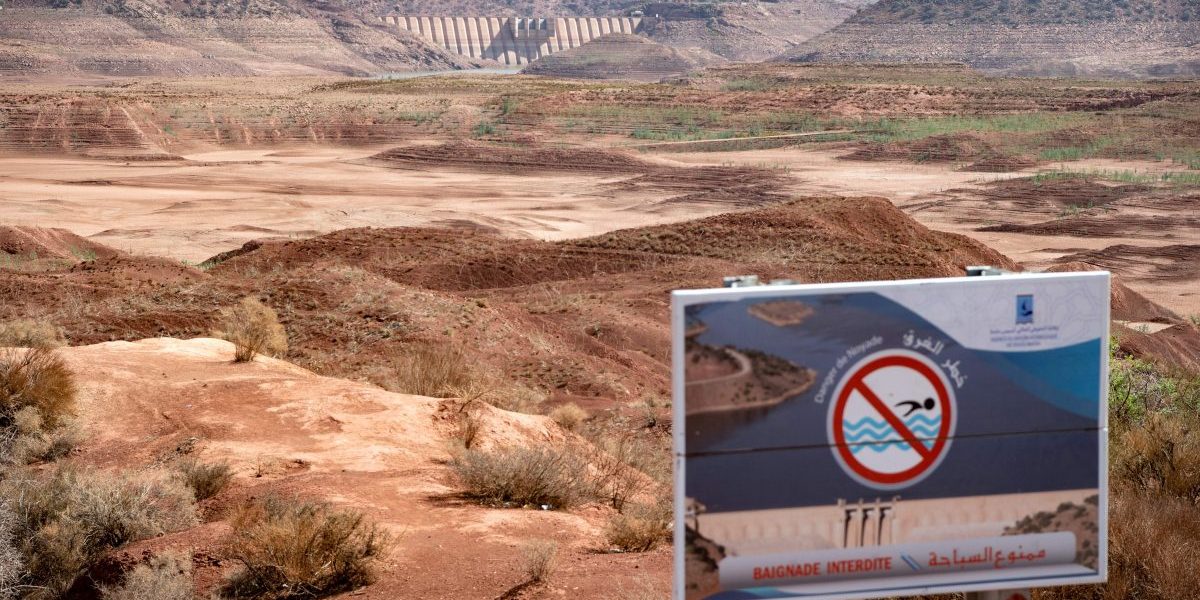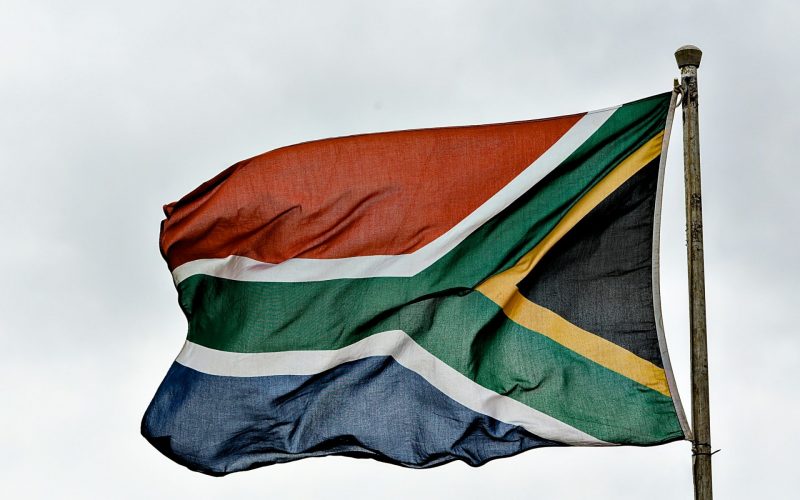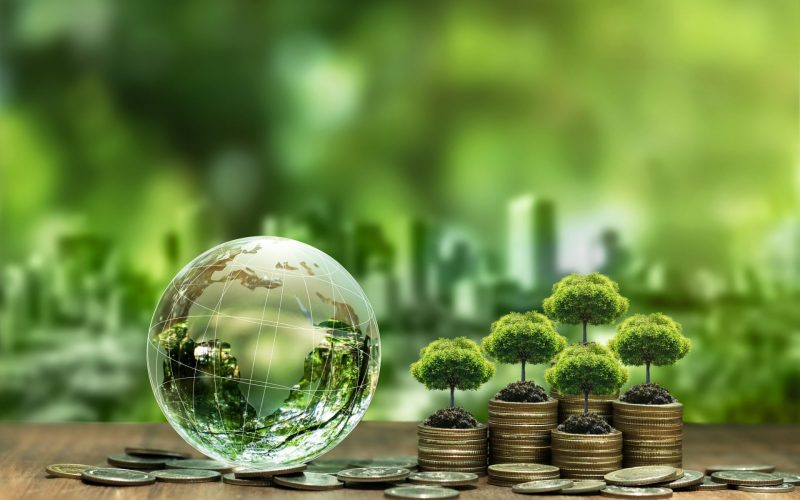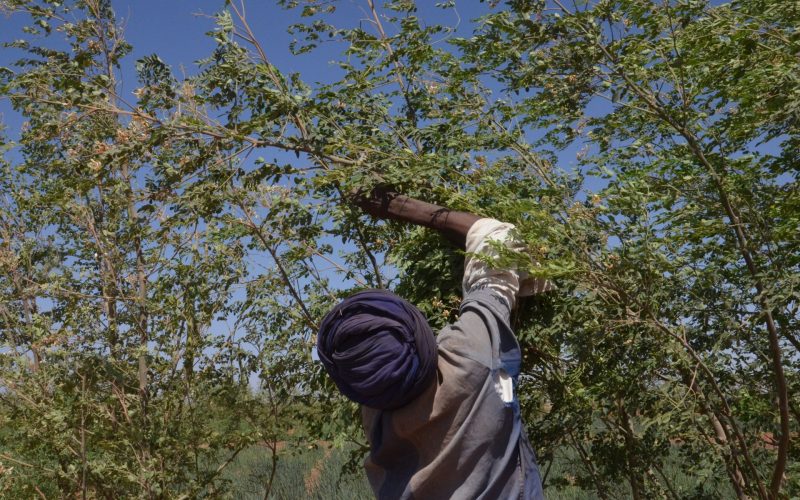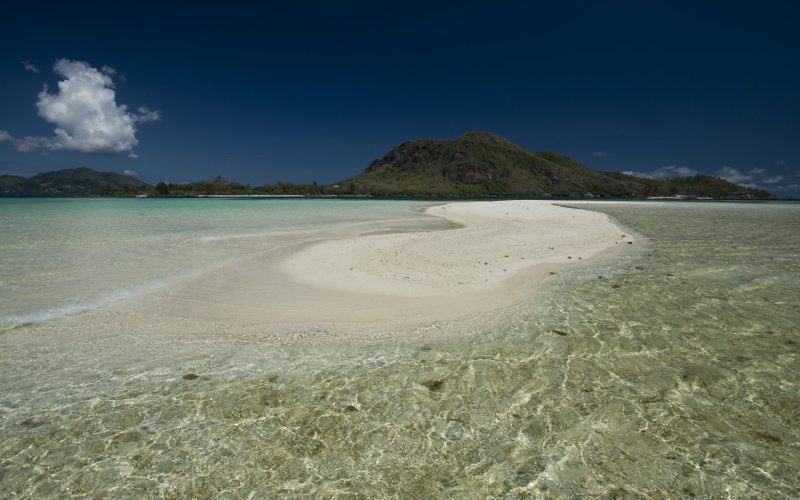Summary:
- Even before the emergence of the COVID-19 pandemic, questions were raised around the sufficiency of climate finance available.
- While it is still too early for specifics, it is anticipated that there will be a reduction of and redirection in flows of climate finance. It is anticipated that three climate finance issues will take prominence in the run-up to COP26, namely stimulus packages and ‘green recoveries’; adaptation finance and private finance.
- If this issue is to gain the traction it needs during the pandemic, adaptation considerations must be mainstreamed at all levels of the climate finance chain, including debt relief, emergency liquidity relief, and national fiscal planning and other budgetary processes.
- For the pandemic to prove a turning point, climate change responses and COVID-19 stimulus measures must be mutually supportive, with these funds used to drive long-term transformation for low-carbon and climate-resilient growth. This should be supported by ambitious national and sectoral plans, including revised NDC implementation plans that have direct ties to pandemic relief support.
- While ambition appears to be increasing, particularly within the G20, new commitments by emerging economies and developing countries are key to the successful achievement of a net zero future. The provision of climate finance to developing countries to achieve this end is a critical factor in their willingness to do so.

